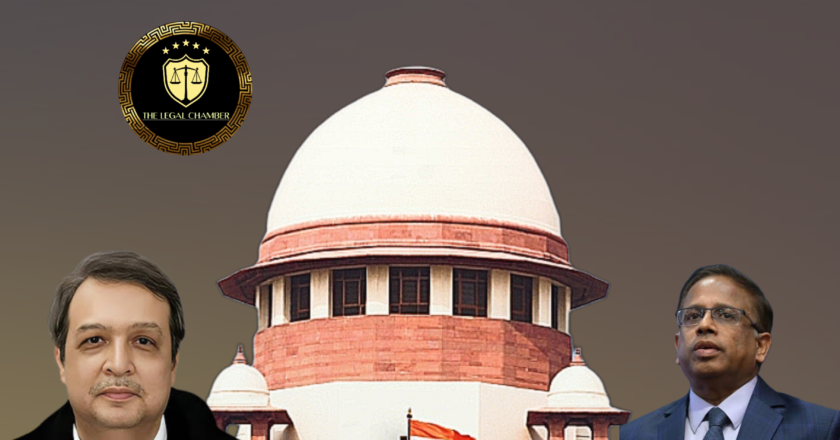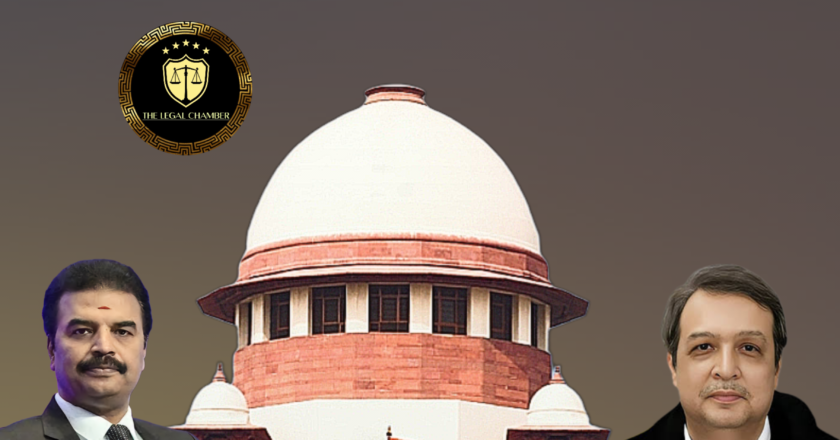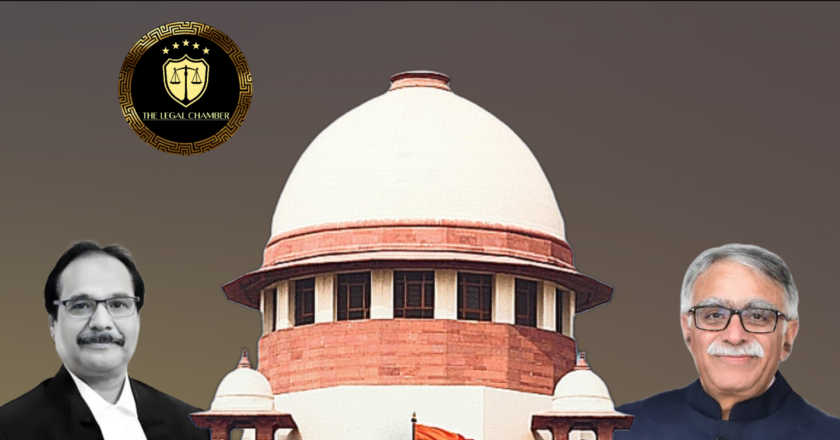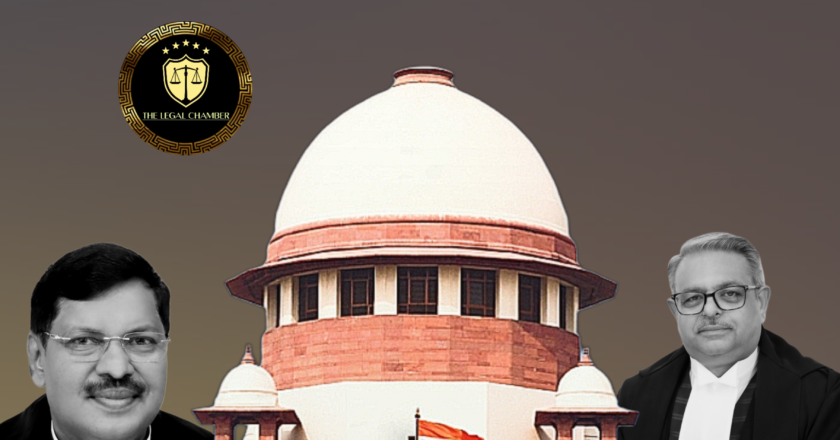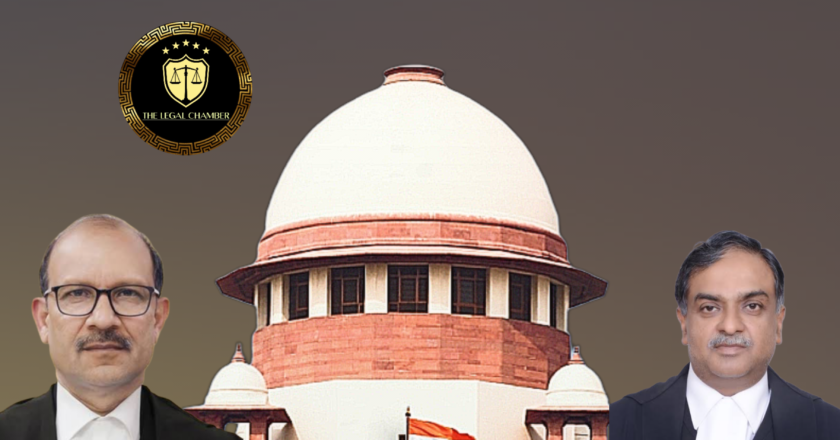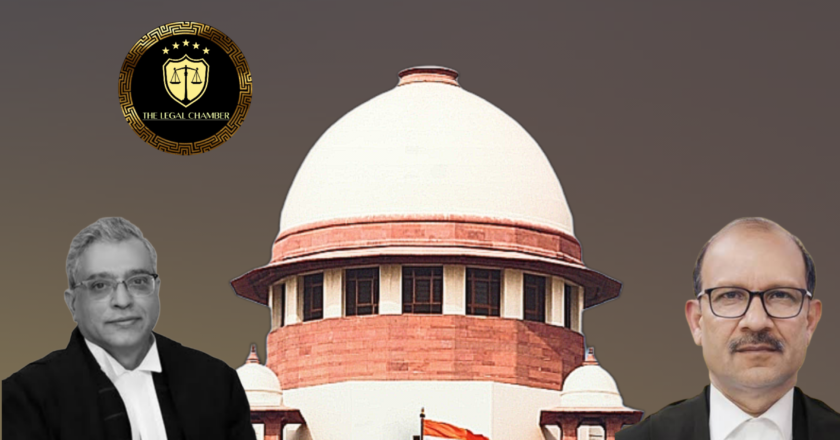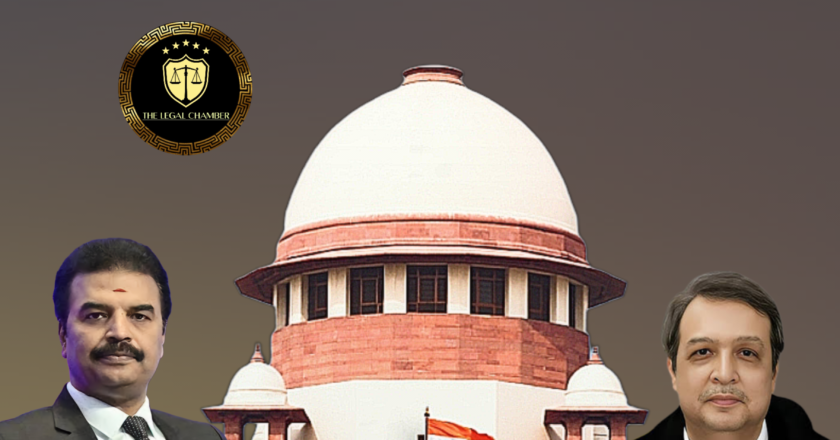Supreme Court Issues Landmark Directions in Long-Pending PIL, Sets 7-Month Deadline for Compliance
Based on the proceedings, the Supreme Court has issued a series of substantive directions in a long-pending writ petition. The legal focus is on monitoring compliance with these judicial mandates, with the Court retaining continuing jurisdiction. The matter is scheduled for a future hearing specifically to review the implementation of its orders and assess further progress.
Facts Of The Case:
Based on the provided court proceeding document, which is a record of the pronouncement of an order and not the full case file, the specific facts and history of the case are not detailed. However, the document header identifies it as Writ Petition (Civil) No. 295 of 2012, filed by S. Rajaseekaran against the Union of India and Others.The case is categorized under "PIL-W", indicating it was filed as...
